Is Acupuncture Safe? What You Need to Know About Risks and Precautions
Acupuncture, an integral part of traditional Chinese medicine, has been utilized for centuries to treat various ailments and improve overall well-being. With its rising popularity in the Western world, many individuals considering acupuncture may wonder about its safety and potential risks. This comprehensive guide will help you understand the nuances of acupuncture safety, common risks, and essential precautions to ensure a beneficial and secure experience.
The Basics of Acupuncture
Acupuncture involves inserting thin needles into specific points on the body to stimulate energy flow, also known as "Qi" in traditional Chinese medicine. Practitioners believe that by balancing this energy, acupuncture can alleviate pain, reduce stress, and treat a host of physical and emotional conditions.
The Global Acceptance of Acupuncture
Acupuncture has been embraced by many health professionals and patients worldwide as a complementary therapy alongside conventional treatments. Its effectiveness in managing pain, improving mental health, and enhancing overall wellness has been supported by numerous clinical studies and trials.
Acupuncture and Its Common Uses
Acupuncture is employed to treat various health issues. Some of the most common applications include:
Chronic Pain Management: Acupuncture is widely recognized for its ability to alleviate chronic pain conditions such as back pain, neck pain, and arthritis.
Mental Health Support: Many individuals find acupuncture helpful in managing stress, anxiety, and depression by promoting relaxation and reducing stress hormones.
Digestive Disorders: Acupuncture can assist in regulating digestive functions, helping those with irritable bowel syndrome (IBS), acid reflux, and other gastrointestinal issues.
Fertility and Women’s Health: Acupuncture is used to support fertility treatments, alleviate menstrual cramps, and balance hormonal issues.
Headaches and Migraines: Regular acupuncture sessions can reduce the frequency and severity of headaches and migraines by targeting specific trigger points.
How Safe Is Acupuncture?
When performed by a trained and licensed professional, acupuncture is generally considered safe. These needles are, manufactured and labeled according to specific standards, sterile, nontoxic, and used only once, minimizing the risk of infection and complications.
Potential Risks of Acupuncture
While acupuncture is safe for most people, certain risks are associated with the practice. Understanding these risks can help you make an informed decision and take necessary precautions:
Infection: Using non-sterile needles or improper sanitation practices can lead to infections. It is crucial to ensure that your acupuncturist follows strict hygiene protocols.
Bleeding or Bruising: Some patients may experience minor bleeding or bruising at the needle insertion sites. This is usually temporary and subsides quickly.
Pain or Discomfort: Although acupuncture is typically painless, some individuals might feel slight discomfort during the needle insertion process.
Dizziness or Fainting: In rare cases, patients may experience dizziness or fainting, especially if they are anxious or have a low pain threshold.
Organ Injury: Though extremely rare, improper needle insertion could potentially injure internal organs, particularly in the chest or abdomen area.
Precautions and Safety Measures
To maximize the benefits and minimize the risks associated with acupuncture, consider the following precautions:
Choose a Licensed Practitioner: Always seek a qualified and licensed acupuncturist. Verify their credentials and ensure they have adequate experience and training.
Discuss Your Medical History: Inform your acupuncturist about your medical history, including any medications, supplements, or underlying health conditions. This information will help them tailor the treatment to your specific needs and avoid any potential complications.
Avoid Acupuncture If You Have Certain Conditions: If you have a bleeding disorder or are taking blood thinners, discuss the potential risks with your healthcare provider before undergoing acupuncture.
Stay Hydrated and Relaxed: Before your session, make sure you are well-hydrated and try to relax. This can help reduce the likelihood of dizziness or discomfort during the treatment.
Report Any Adverse Reactions: If you experience any unusual symptoms or adverse reactions during or after your acupuncture session, inform your acupuncturist immediately.
The Importance of Communication
Open communication with your acupuncturist is essential for a safe and effective treatment. Feel free to ask questions, voice concerns, and provide feedback on your experience. This will help your practitioner adjust their approach and ensure the best possible outcome for your health and well-being.
Conclusion: Weighing the Benefits and Risks
Acupuncture is a time-tested therapy with a solid track record of safety and efficacy when performed by a qualified practitioner. While some risks exist, they are generally minimal and can be further reduced by taking the necessary precautions. By choosing a licensed acupuncturist, communicating openly, and staying informed, you can enjoy the many benefits acupuncture offers while minimizing potential risks.
Ultimately, the decision to undergo acupuncture is personal and should be based on a careful consideration of your health needs and goals. With the right approach, acupuncture can be a valuable addition to your wellness journey, helping you achieve better balance, relief, and overall well-being.
If you're interested in experiencing the benefits of acupuncture firsthand, visit Santa Clara Acupuncture & Functional Medicine for personalized care and expert treatment.
Our skilled practitioners are dedicated to helping you achieve optimal health and wellness. Contact us today to schedule your consultation and start your journey toward a balanced and healthier life!
Santa Clara Acupuncture & Functional Medicine
2100 Forest Ave, Ste101, San Jose, CA 95128
408.707.4912
We accept HSA, FSA, insurance
Submit Insurance Form to check your acupuncture benefits.


